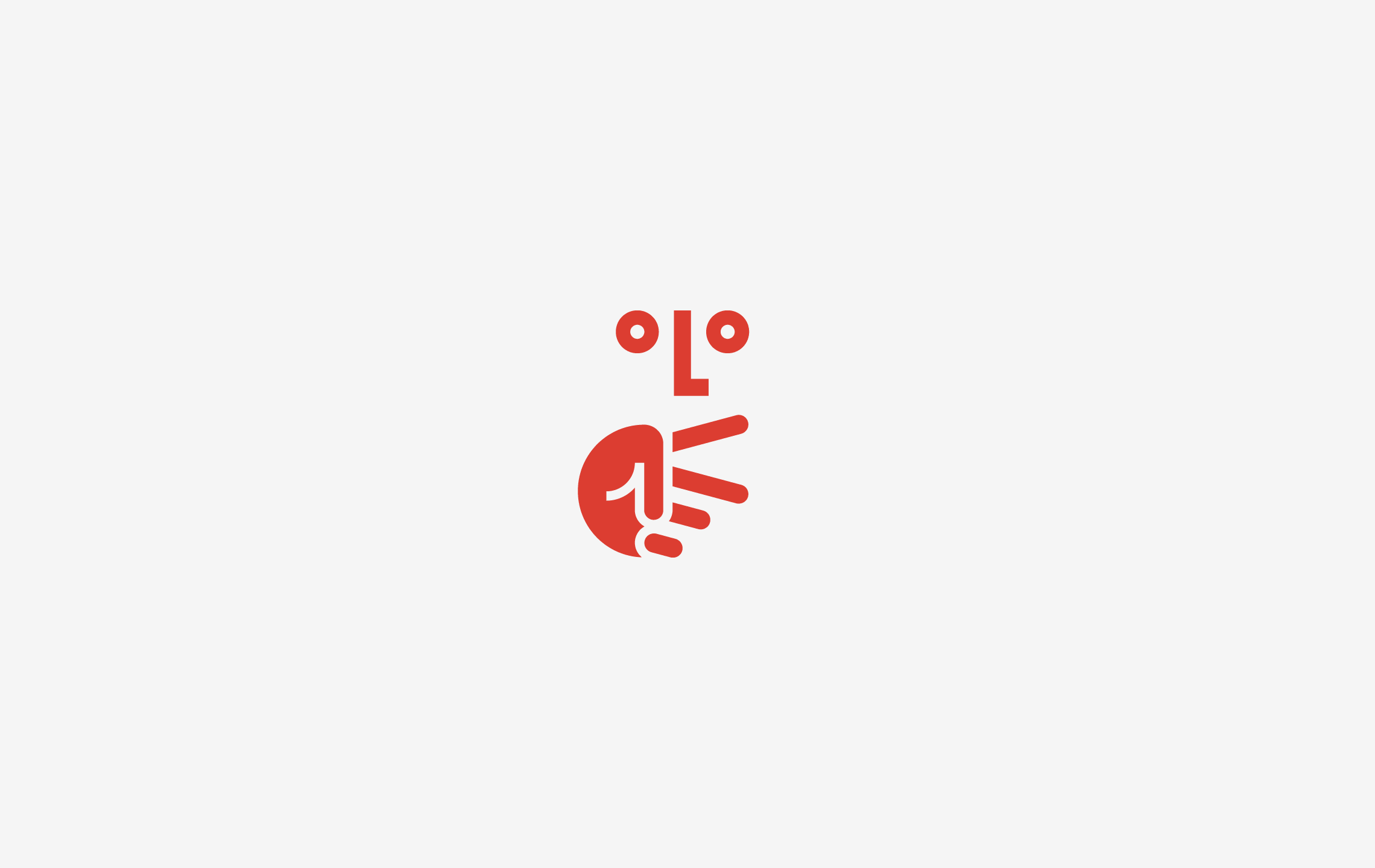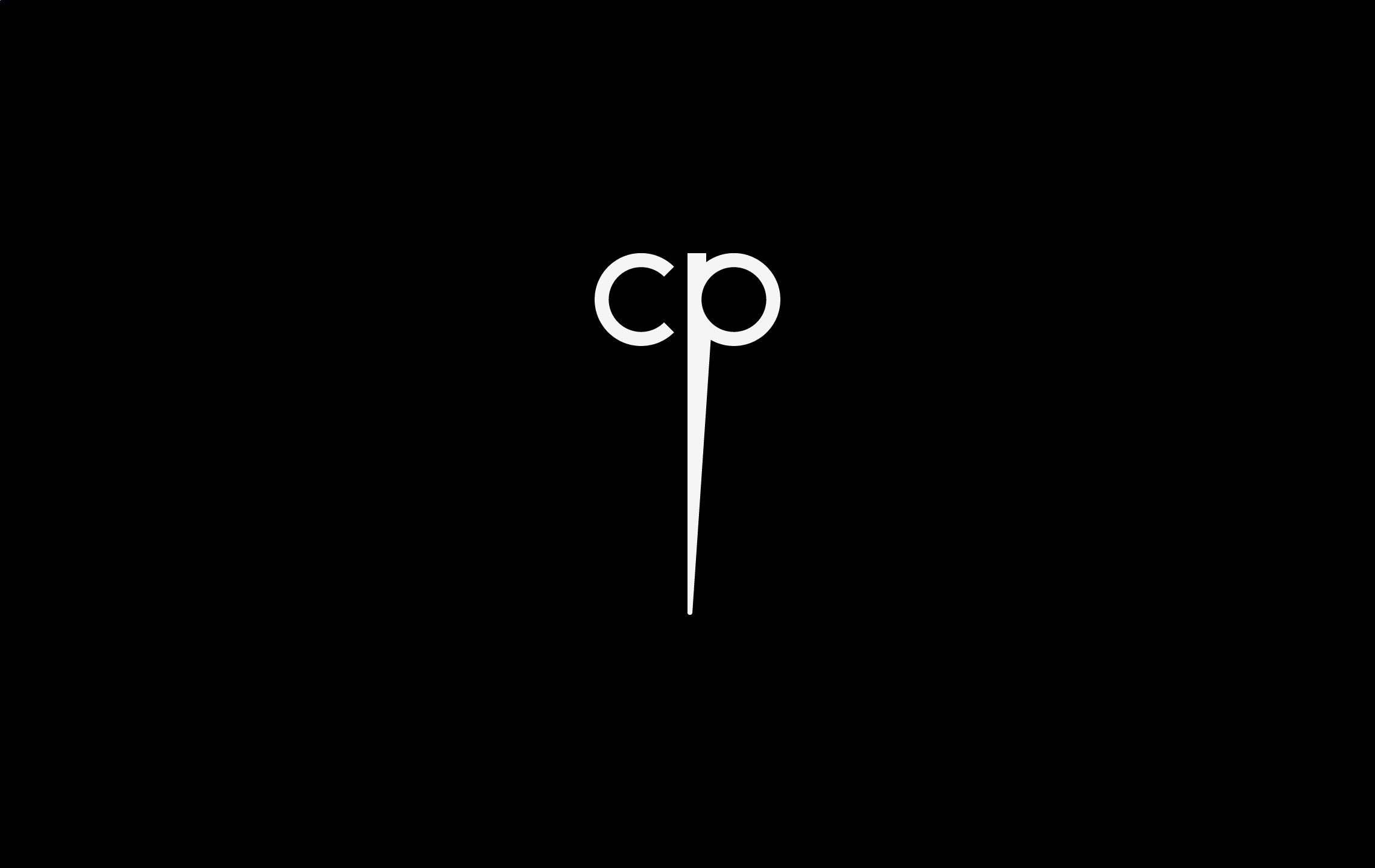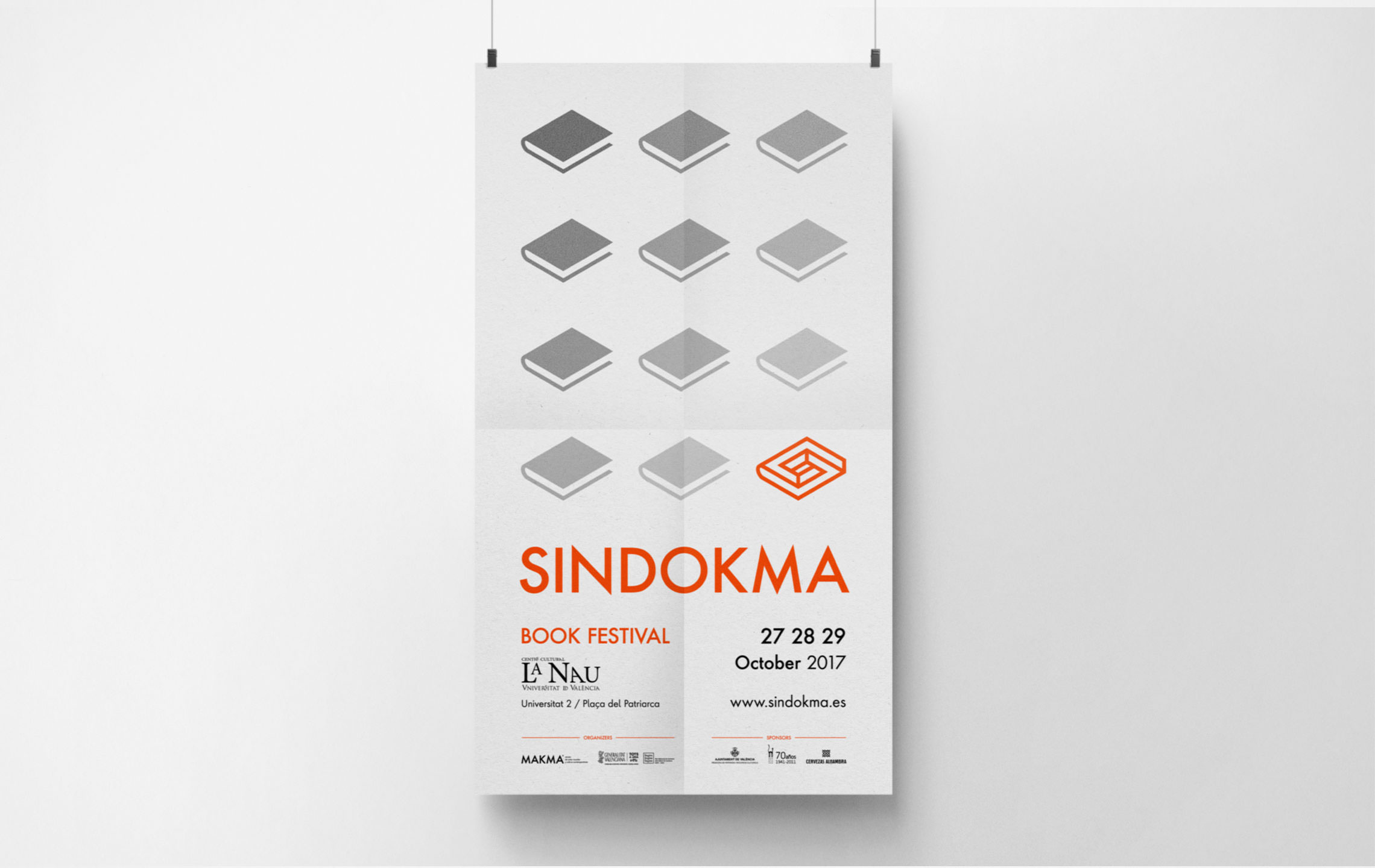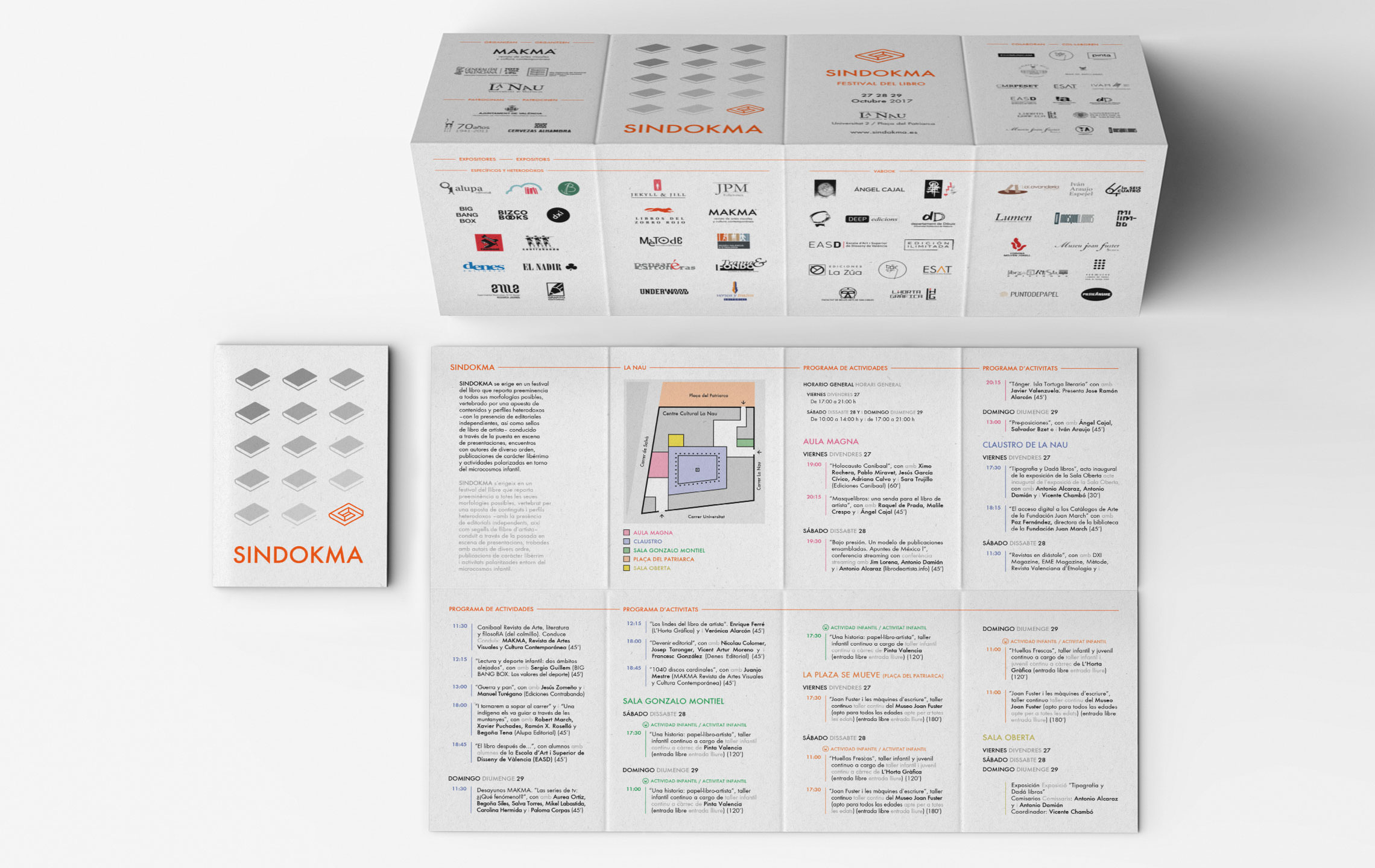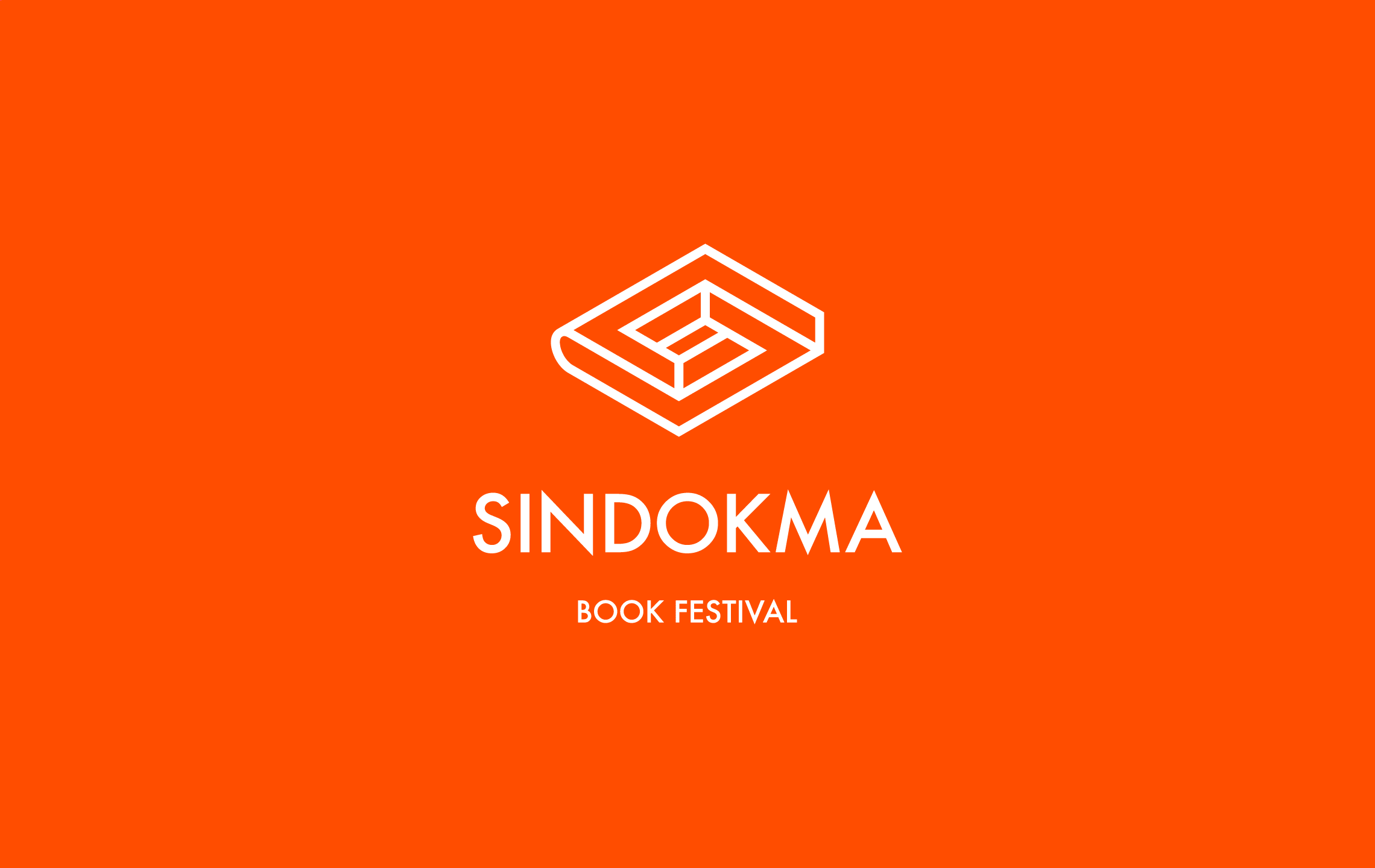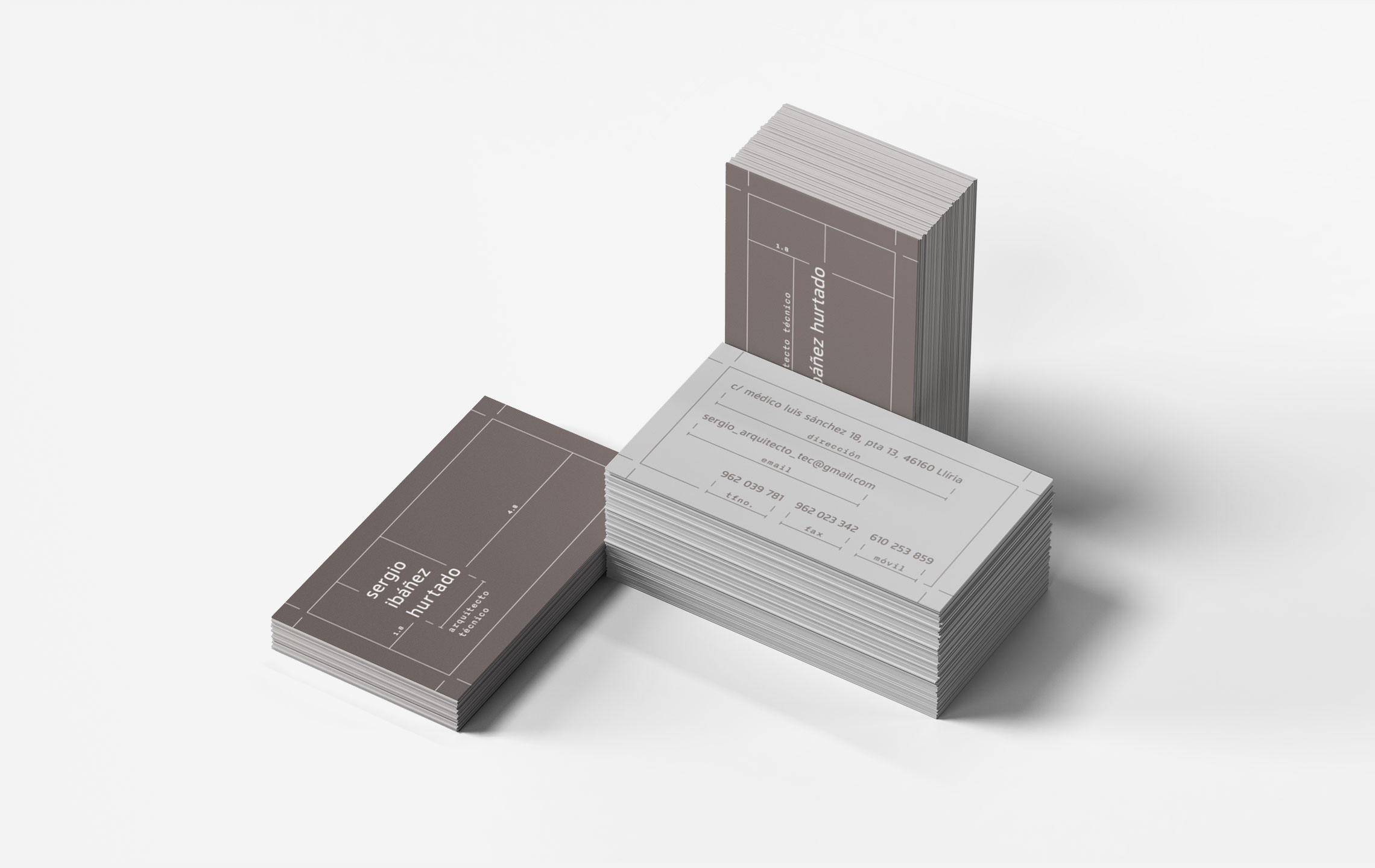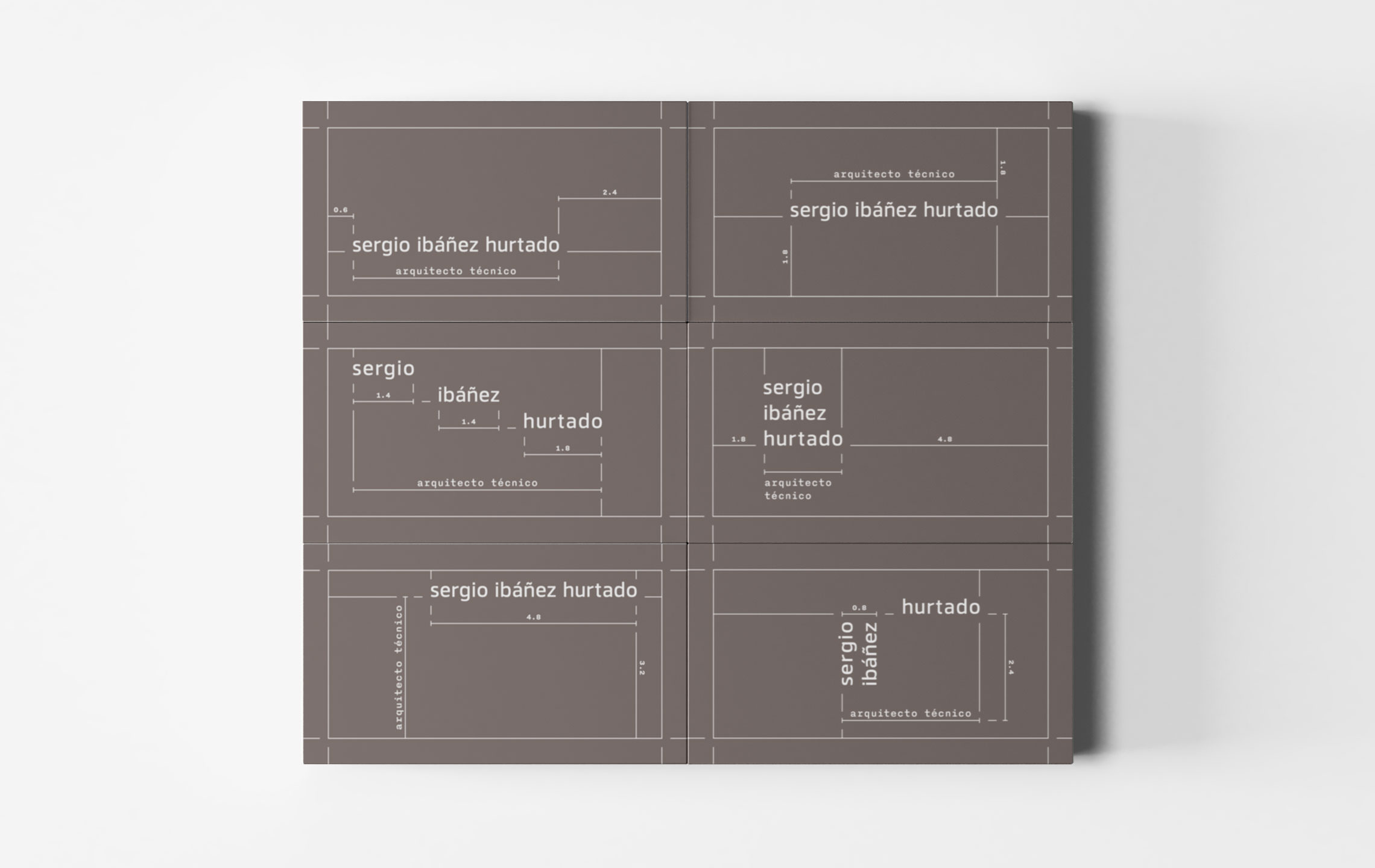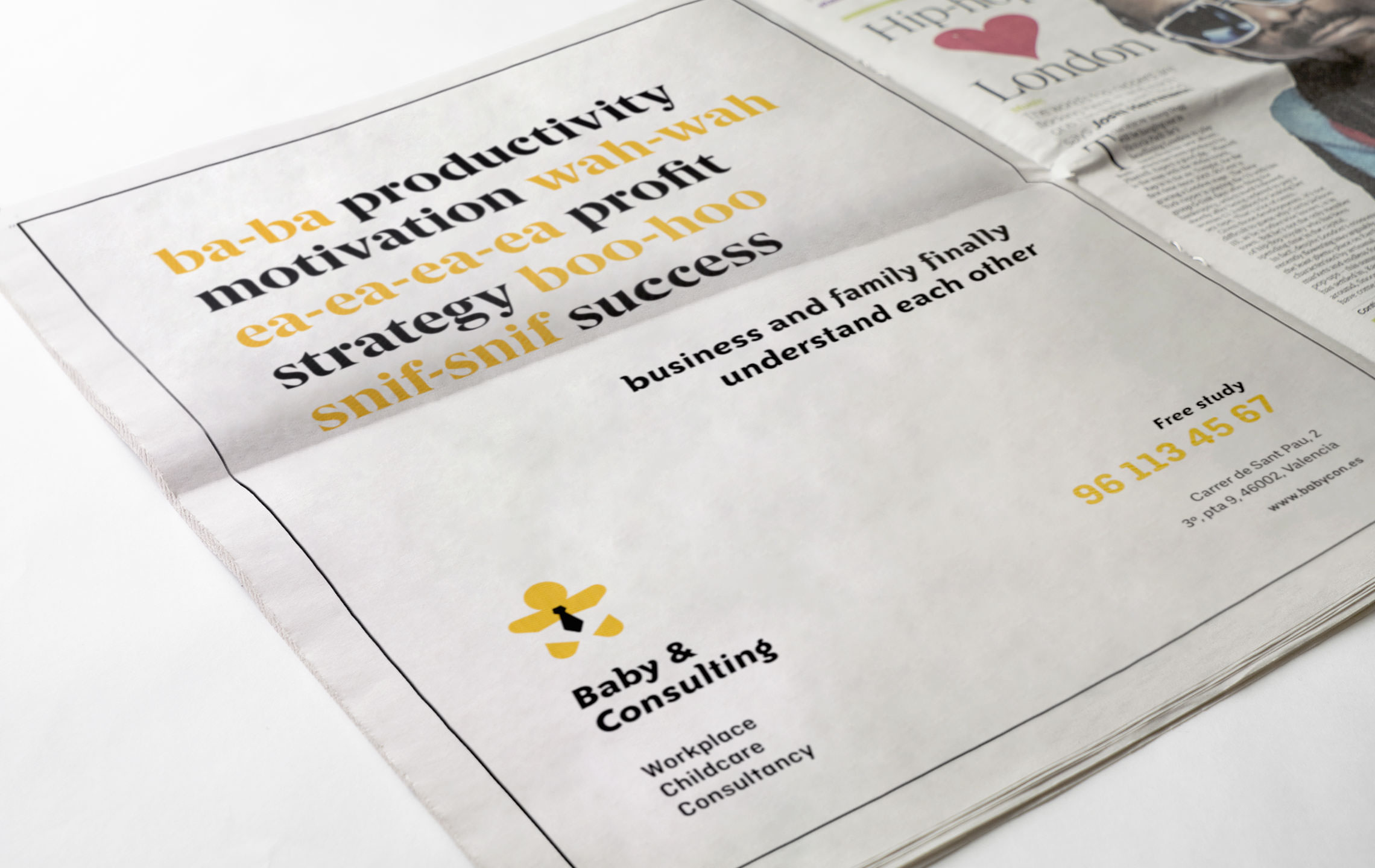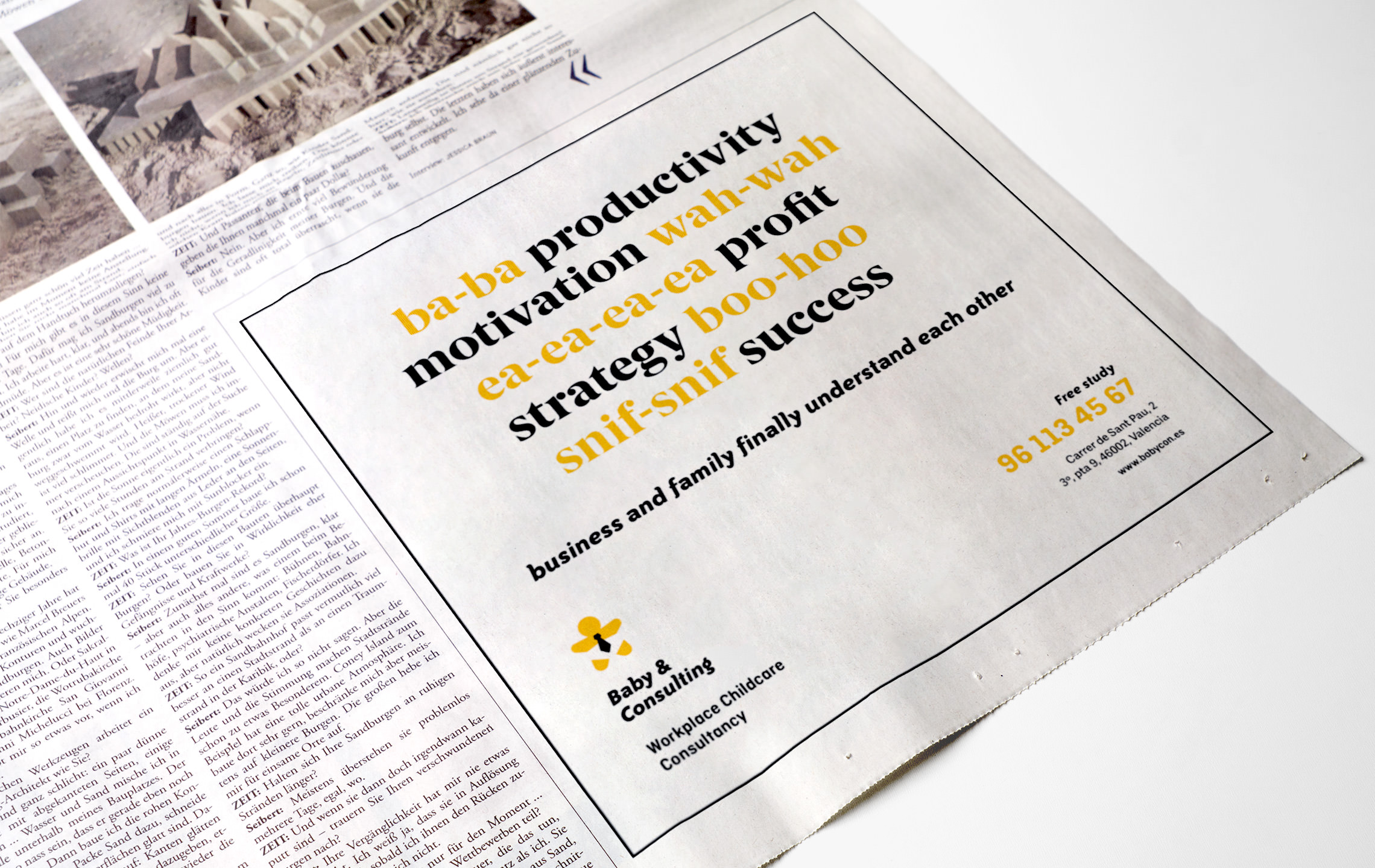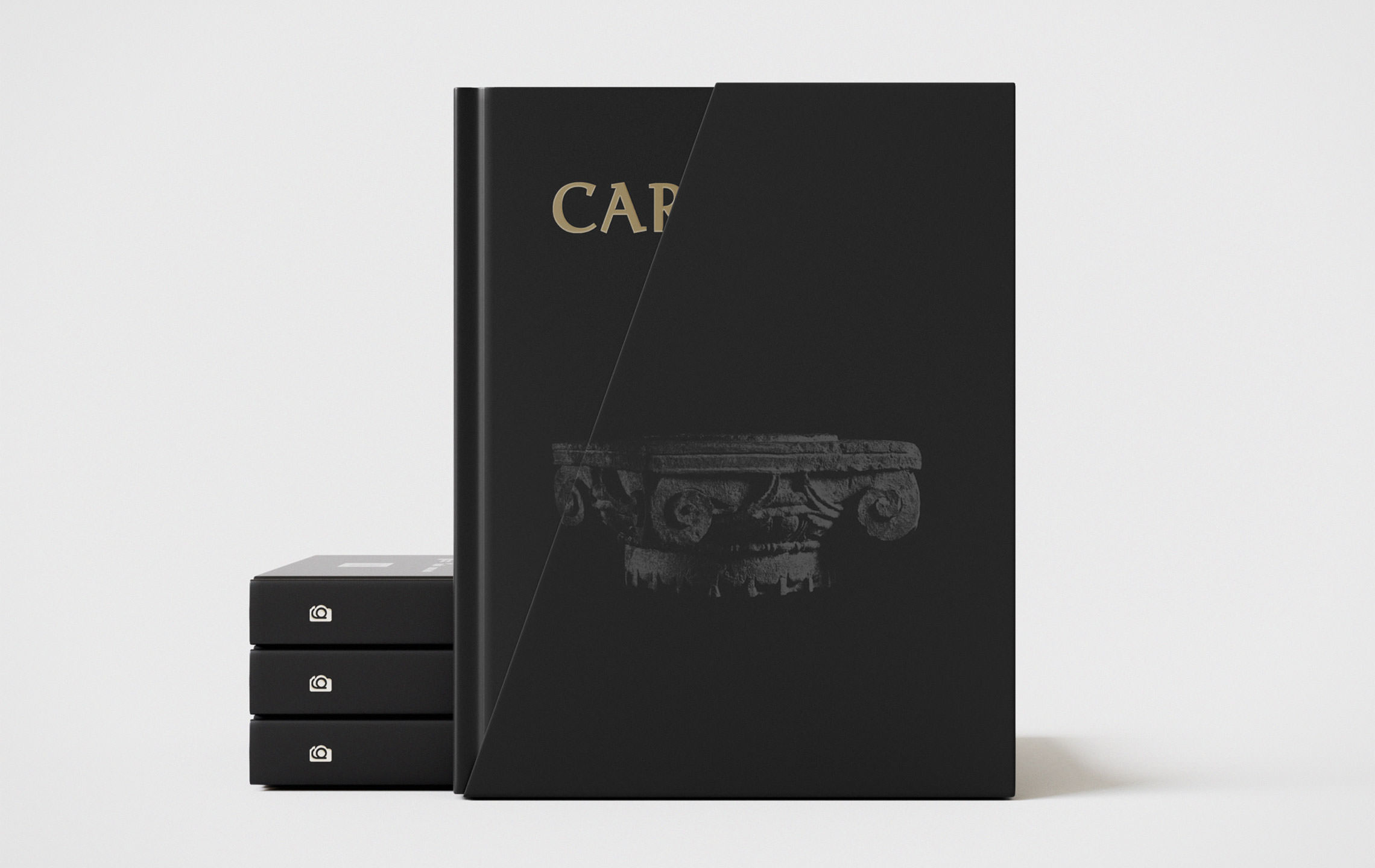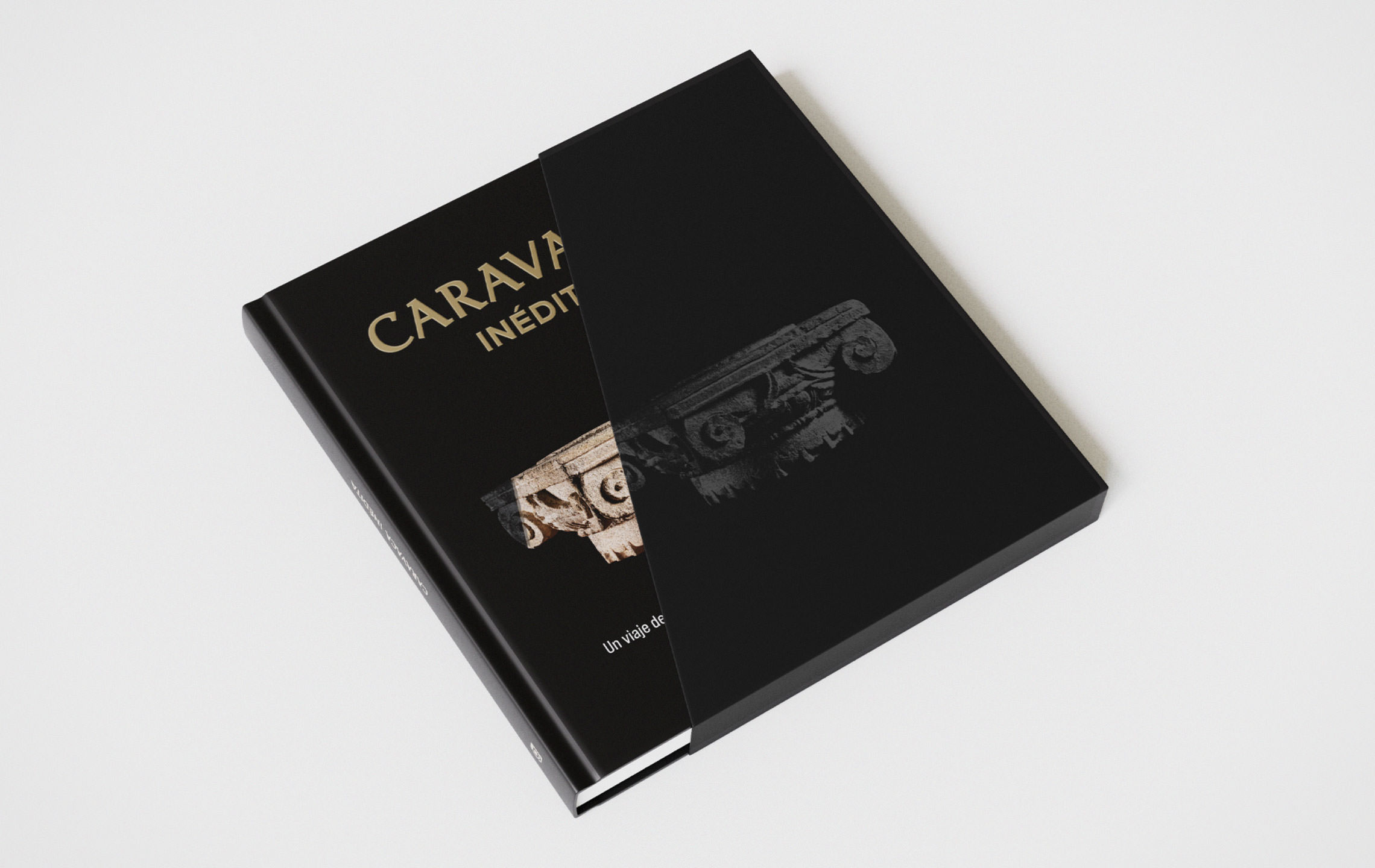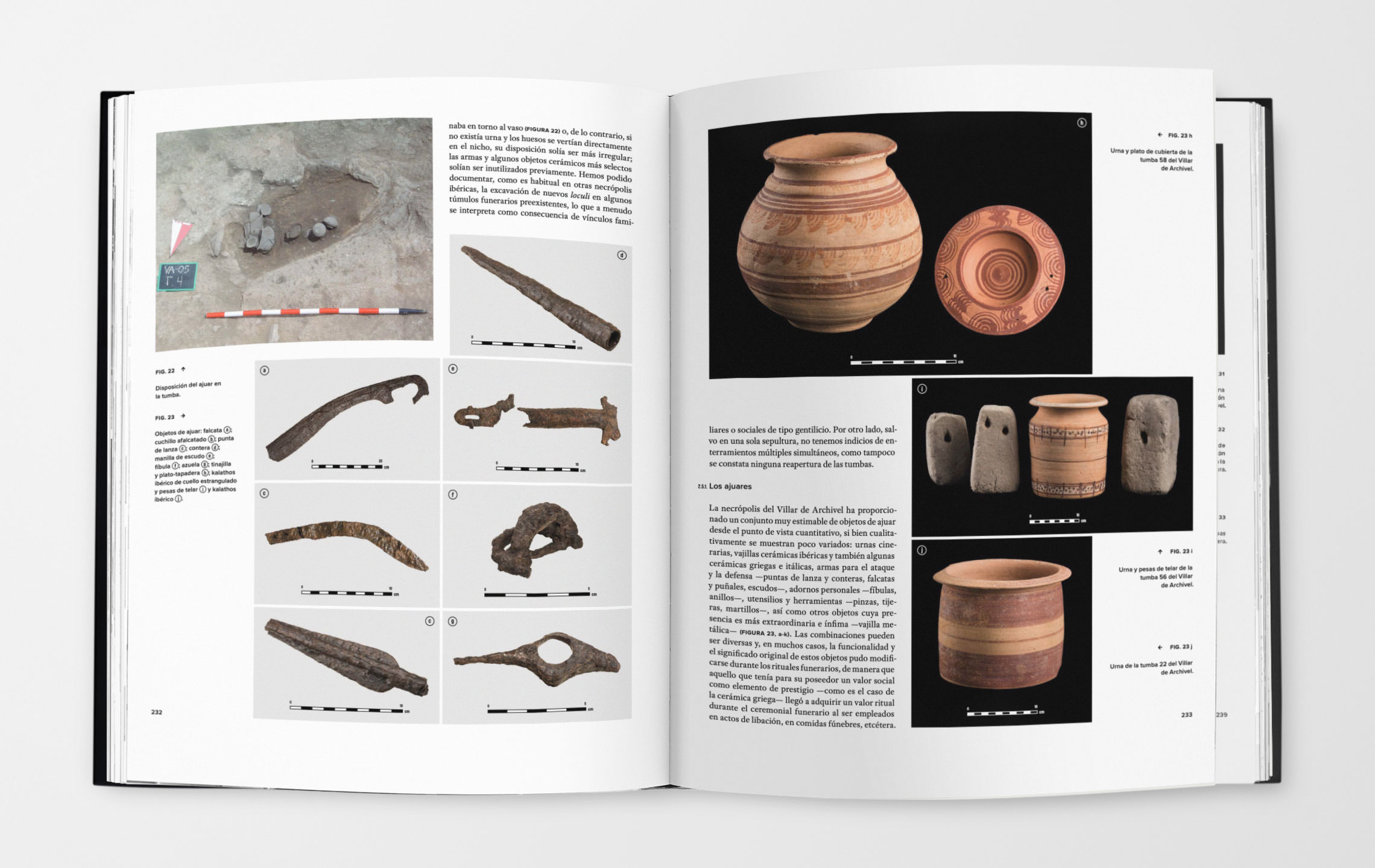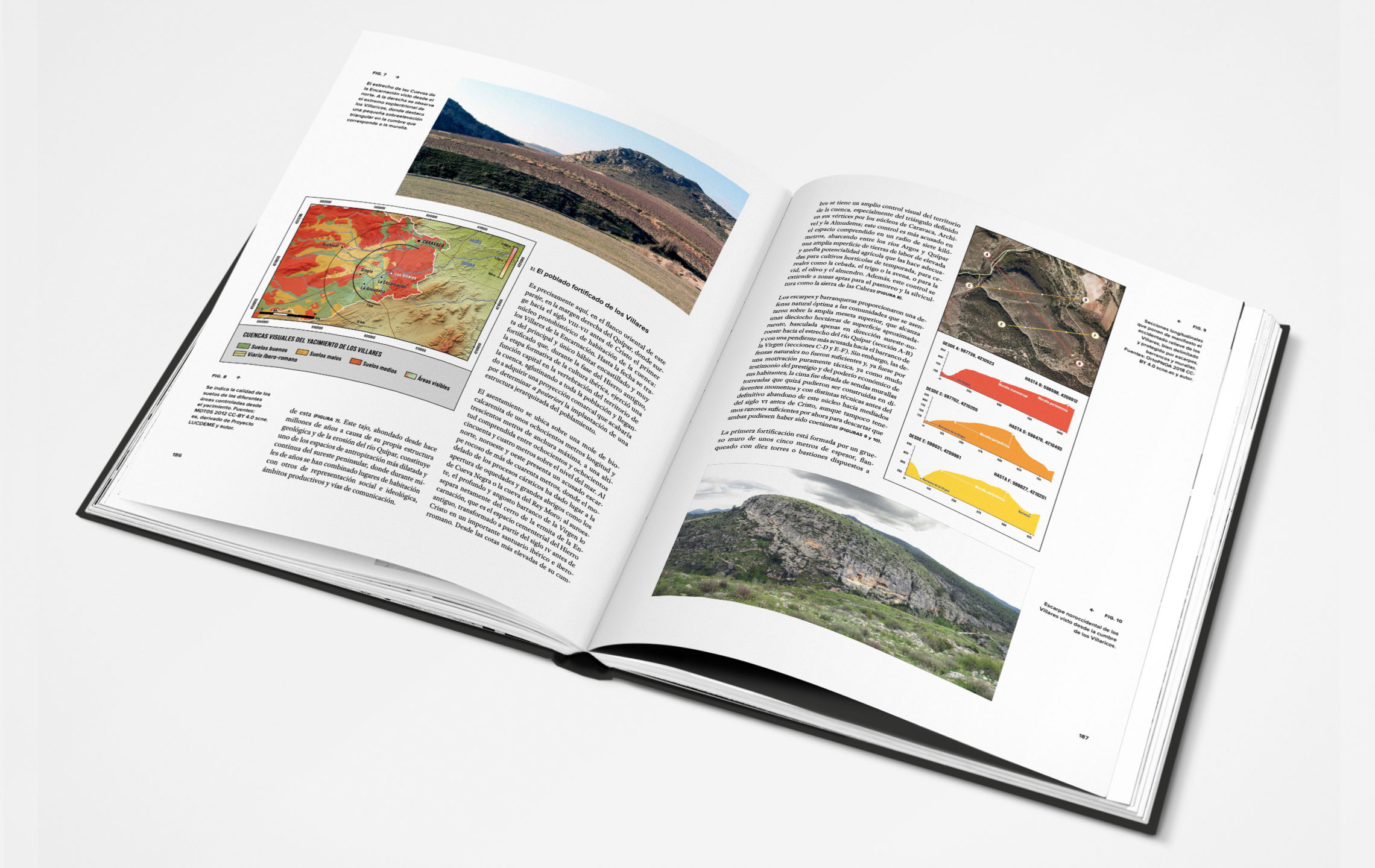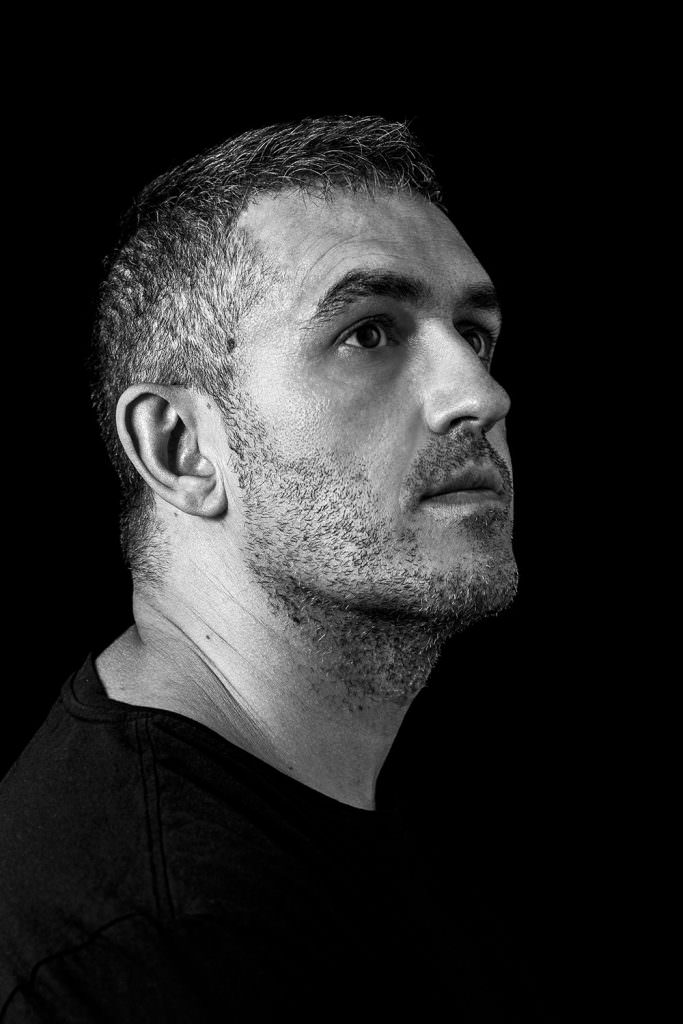
The Internet is an almost infinite journey to nowhere. Thanks for stopping by my website, you look great :)
The stop is called Jose, and he is a graphic designer, creative and art director based in Spain.
Wherever you are from, if you want your global or Spanish-oriented graphic project to be well received, you’re in the right place.
Why to look for an international graphic designer?
You know, the Internet is a huge coffee shop where you can network, meet people, have a good time and maybe find career opportunities. Even though we are far away, we are here for the same reason, the visual challenges. As a graphic designer and art director I am passionate about creative challenges and their management, and about imagining and producing beautiful, useful and intelligent things.
Graphic design and communication
The graphic designer is a communicator. With a language of its own, he sends out a message that others interpret. This graphic language has a visual alphabet, compositional spelling and creative grammar, resources for “literature that we see and feel”, of all kinds, lyrical, narrative, dramatic, didactic…
In the 20th century, graphic design grew as a craft and art, its language evolved and became popular, in the nineties, thanks to technology, it became international and essential, with the appearance of the Internet, global; the use of emojis is a good example of this.
Globalisation and design
I write on my Samsung tablet from a McDonald’s in Quito drinking Coca-Cola, I check on my iPhone where to see the latest film by my favourite Finland director. Globalisation, the knowledge society and technology shape our lives, in part thanks to universal visual languages and codes, understandable all over the world, in which design participates.
Today, it is possible to create anywhere, produce in another and disseminate it in a third. This connection allows the graphic designer to easily and effectively reach many places at the same time, with flexible messages that adapt to constant changes and developments.
This reality makes it possible for individuals, organisations and graphic designers to be integrated into large global flows of commercial, social, cultural or scientific information.
Design, customs, traditions and identity
Graphic design uses logical thinking and standardised parameters based on the psychology of perception.
But it is difficult to pretend that a sometimes complex visual message can be interpreted in the same way in the various contexts of cognitive processes, despite the fact that social identity is increasingly blurred.
Human evolution and its artistic manifestations demonstrate that representations with complex and unique symbologies relate, link and differentiate groups, communities and societies.
In addition, there are anti-globalisation movements that recover identity and social memory through characteristic native features. Design -and also advertising – sometimes reflects these currents, integrating indigenous visual and cultural elements.
The global connection with a familiar graphic language offers great opportunities for companies and graphic designers, but to be fully effective, the norms, traditions and customs of countries, regions or collectives must be taken into account, even though they are becoming more and more informed.
Cultural differences, creative dilemmas
The universal interpretation of colour is a frequent problem for the graphic designer. The colour white, in the West, embodies purity and innocence, but in India, China, Japan and the Middle East it is the colour of death and mourning. Green in Europe and America symbolises luck, nature and ecology, but in China and Indonesia it has certain negative connotations.
The incorrect or improper use of cultural references in graphic design and advertising can have serious economic consequences. Nike made a spot for young people in China in which NBA star LeBron James confronted an elderly kung-fu master, the spot was banned by the authorities as it was considered offensive to their traditions.
This error seems obvious and almost crude, but there are many variables and subtle parameters to manage in good communication or graphic expression. A gesture, a detail or a misused word can ruin the success of an advertisement or a graphic design.
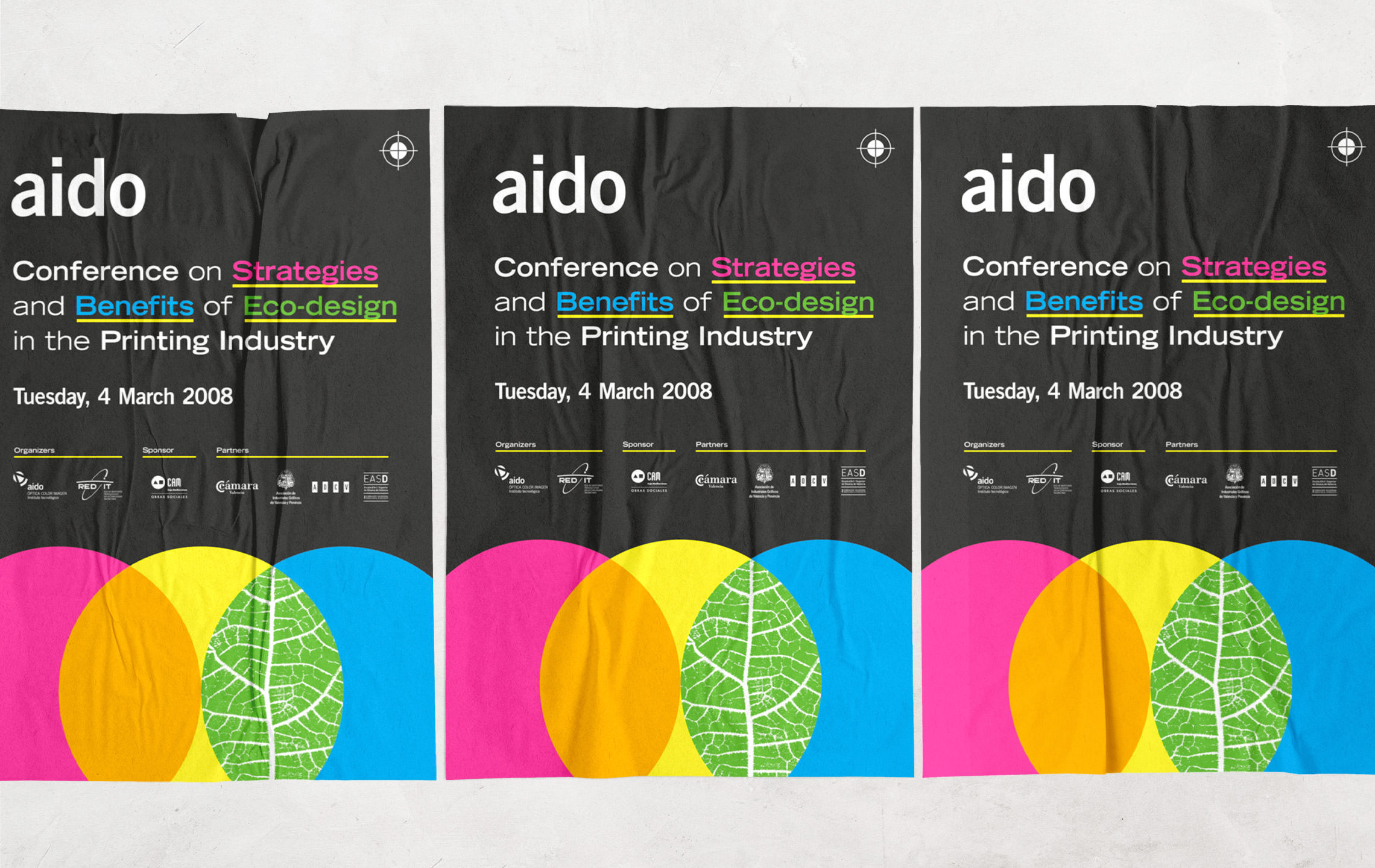
Target audience yes, but concrete
In advertising, “target audience” names the ideal recipients of a campaign.
Traditionally, this term simplified the process as reductionist, limiting actions to broad generic groups, such as men in their forties or blonde middle-class women, but is the context of a man in his forties in Canada the same as that of a man in Italy? Nowadays, communication requires a deep understanding of intercultural sensitivity and diversity, in this situation it is appropriate to add the concept of “target culture”.
There is a common phrase among managers: “as global as possible, as local as necessary”. International graphic design and advertising is a challenge for a graphic designer or art director, developing an appropriate strategy maximises effectiveness, overcoming language and cultural barriers, avoiding problems and cost overruns due to misinterpretation.
Let’s talk in “graphic design”, global or local, but correctly.
About me
José Antonio Campoy is a senior graphic designer, creative and art director of Spain, with availability for international projects oriented to the Spanish market.
He holds a degree in Fine Arts from the Polytechnic University of Valencia with technical improvement courses in graphic design, creativity, advertising, digital marketing, SEO, web analytics, e-business and entrepreneurship.
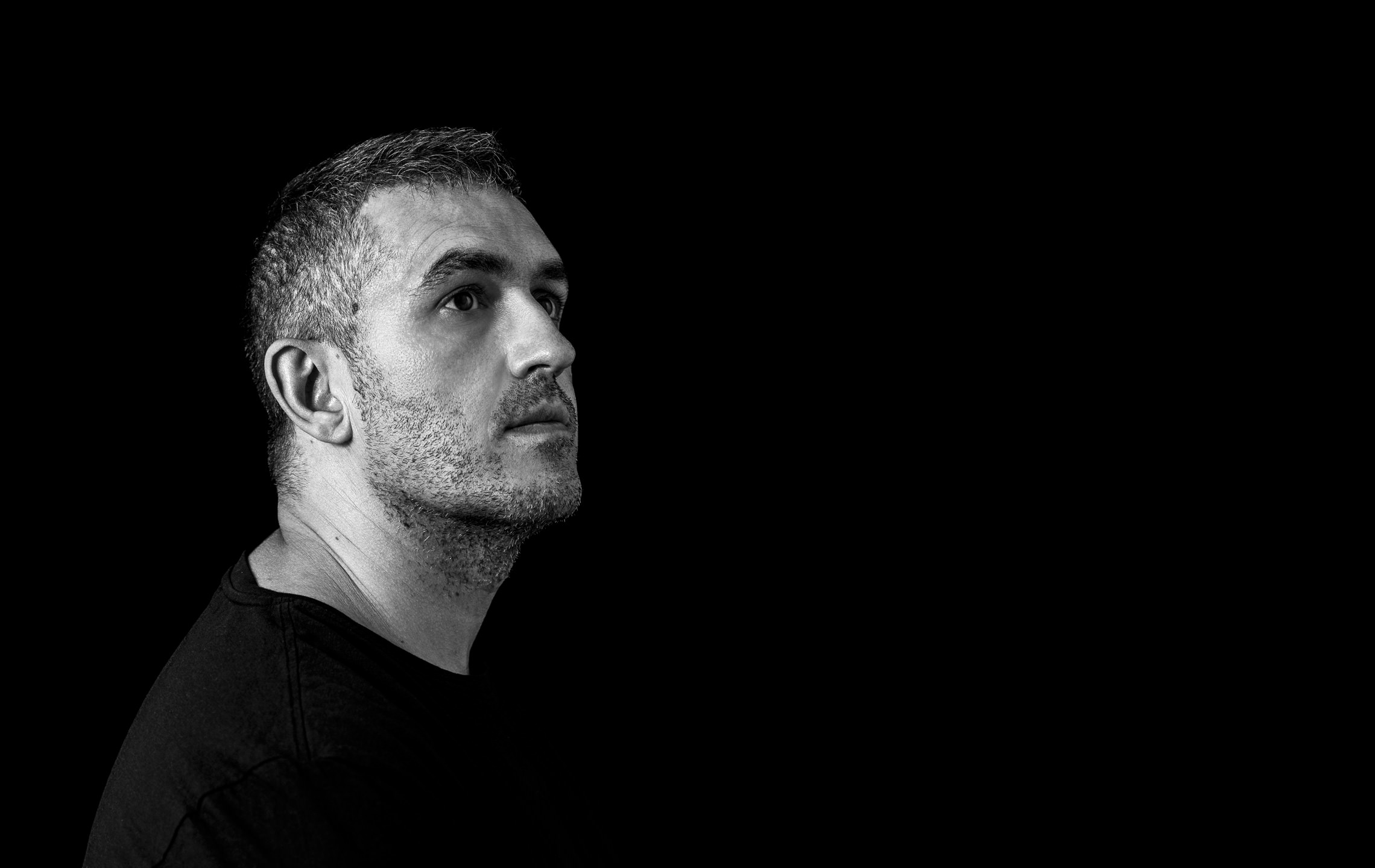
During his time at Trivision he collaborated with important national companies such as Canal 9, Caja Rural, Jesmar, Las Provincias, TVE, Choleck y ONO. As a freelancer, he has worked for, among others, for the Generalitat Valenciana, Bayer, El Palenque producciones, Almirall, Nearco producciones, AIDO, Dynamite Films, Biomet internacional, Cuarzo TV, el Grupo Z and MAKMA.
As a teacher he has taught at Professional training and courses for the Murcia Youth Institute (INJUVE) and courses for teachers in the Valencia Centre for Training, Innovation and Educational Resources(CEFIRE).
Contact
If you have come this far, something is troubling you; I am listening. New professional challenges, collaborations or questions are always interesting; and I love to be greeted :)
About this website
This website is a growing landing page, contains basic information and a small sample of work from the graphic designer, creative and art director José Antonio Campoy. For more information or to consult the complete portfolio, visit the Spanish website.

